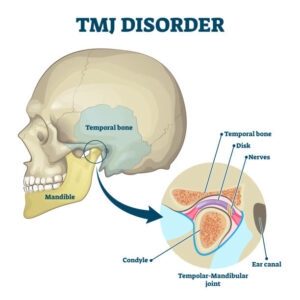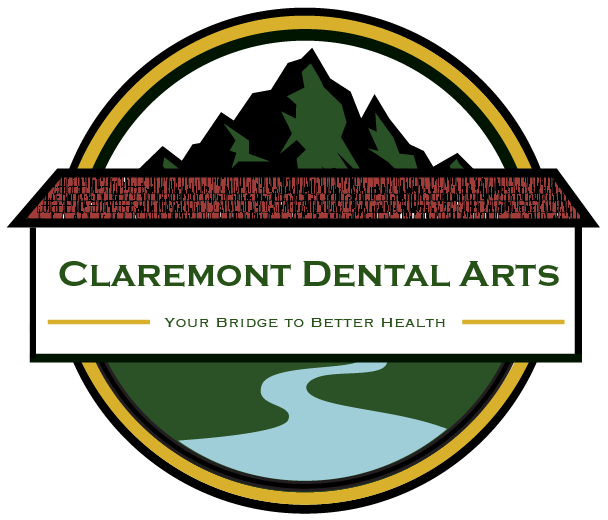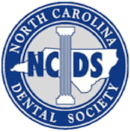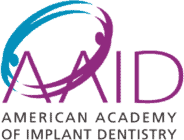
The Temporomandibular Joints (TMJ) are the twin joints that connect the lower jaw to the rest of the skull. These are some of the most versatile and flexible joints in the body, capable of moving forward and backward, side to side, and up and down. They’re also vital for a number of daily activities such as eating and speaking. As complex as the TMJ is, it’s not surprising that these joints are prone to some health complications. Most prominent among these is Temporomandibular Joint Disorder, or TMJ disorder for short. So what is TMJ disorder? How do you know if you have TMJ disorder? What are the signs and symptoms of TMJ, and how can it be treated?
Signs and Symptoms of Temporomandibular Joint (TMJ) Disorder
TMJ disorder can present with a number of symptoms, generally manifesting as some sort of discomfort in the temporomandibular joints themselves. While symptoms of TMJ vary from person to person, here are some signs that you may have a problem:
-
Pain or tenderness in your jaw
-
Pain in one or both of the temporomandibular joints
-
Aching pain in and around your ear
-
Difficulty chewing or pain while chewing
-
Clicking sounds when moving the jaw, particularly while chewing
-
Aching facial pain
-
Locking of the joint, making it difficult or impossible to open or close your mouth
-
Headaches or pain in the head or neck
If you’re regularly experiencing any of these symptoms alone or in combination, TMJ disorder may be the culprit. As with any potential medical issue, your best bet is to discuss the problem with your dentist or doctor. This will enable you to discuss the causes and the most effective course of treatment if necessary. You should seek medical treatment as soon as possible if you cannot open or close your jaw, or if the pain is persistent.
Causes of TMJ
Just as TMJ disorder has many different types of symptoms, it also has many possible causes. As we said earlier, the temporomandibular joint is a complex thing, and as such, there’s a lot that can be wrong. Some causes are genetic, some are circumstantial, and some may be accidental. Here are some common possible causes of TMJ disorder:
-
Teeth grinding or clenching, also known as bruxism
-
Dislocation of the joint itself
-
Arthritis in the TMJ
-
Stress
-
Trauma or damage to the joint, including past trauma
-
An improper bite
Your healthcare provider will take note of your symptoms, perform a physical examination which may include an x-ray, and ask you further questions to help determine the cause of your TMJ. Based on their findings, they’ll then propose a course of treatment.
Treatment for TMJ Disorder
There are many potential treatments for TMJ disorder, depending on the severity of the disorder and its root causes. Your dentist or doctor will help determine which is best for you, but here’s a short list of some common treatments for TMJ disorder:
-
Medications may be used to treat some causes of TMJ disorder. These may include anti-inflammatory drugs, painkillers, or muscle relaxants depending on how the TMJ disorder is manifesting.
-
Oral splints or mouth guards may be used to either cushion the teeth and jaws in the case of bruxism or to bring the jaw back into alignment in the case of dislocation or malformation. These treatments work to gradually correct the physical problem and may be used in conjunction with medication or other solutions.
-
If stress is the root cause of TMJ disorder, counseling or therapy may be the solution. Talking with a trained professional and exploring strategies for addressing and reducing stress may help clear TMJ problems.
While surgery may be necessary in some relatively rare cases, most treatments for TMJ disorder are relatively painless; they just require time and diligence on the part of the patient. If you’re concerned about potential TMJ disorder symptoms, or just need an exam and cleaning, get in touch with us today, we will get you in as soon as possible.




